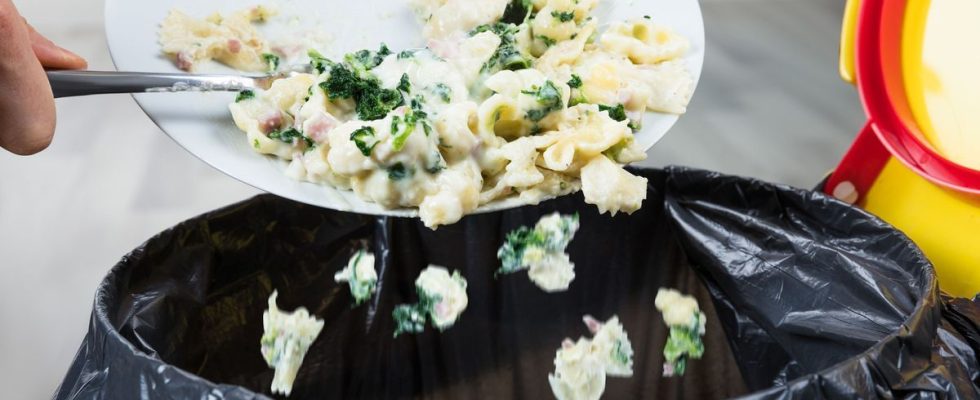Published on
Updated
Reading 1 min.
The Ecological Transition Agency Ademe, determined to reduce the volumes of household waste to respect the country’s commitments, is encouraging communities to adopt “incentive pricing”, that is to say, to make households pay based on the quantity of waste produced.
“On average, incentive pricing makes it possible to reduce residual household waste collected by 30%“, estimates Ademe in a study made public on Tuesday.
As of January 1, 2021, 200 communities, such as Montauban, Besançon or La Roche-sur-Yon, financed their public waste management service through pricing of this type, affecting a total of some 6.6 million French people, a increase of 44% compared to 2016, according to the study.
“The French objective is to reduce the volumes of household waste by 15% in 2030 compared to 2010, but we are not at all on the trajectory, we have even stalled for several years, while at the same time we have increased collection and sorting costs for communities“, indicates Alexandra Gentric, engineer at Ademe.
“In this context, we suggest that communities adopt +incentive pricing+, which involves either an invoiced fee or an additional tax on owners on their property tax.“.
This type of pricing creates a better sorting reflex, and thus brings the collection of better sorted packaging, paper and glass to around 105 kg per inhabitant per year, compared to 82 kg per inhabitant per year on the national average (93 kg in rural areas).
For communities, this type of pricing makes it possible to reduce the frequency of residual household waste collections and therefore save money.
The study also attempted to assess the risk of an increase in illegal waste dumping at the initiative of unscrupulous residents wishing to avoid paying fees.
It concludes that the quantity of illegal dumping of household waste would be less than “2 kg per year and per inhabitant”, which “pleads for continued implementation of incentive pricing“, indicates Ademe. The agency has however neither assessed the additional costs of managing these illegal deposits, often made near urban furniture intended for waste collection, nor quantified the volumes of illegal burning which are harmful to the environment. environment, which could de facto increase in gardens.
